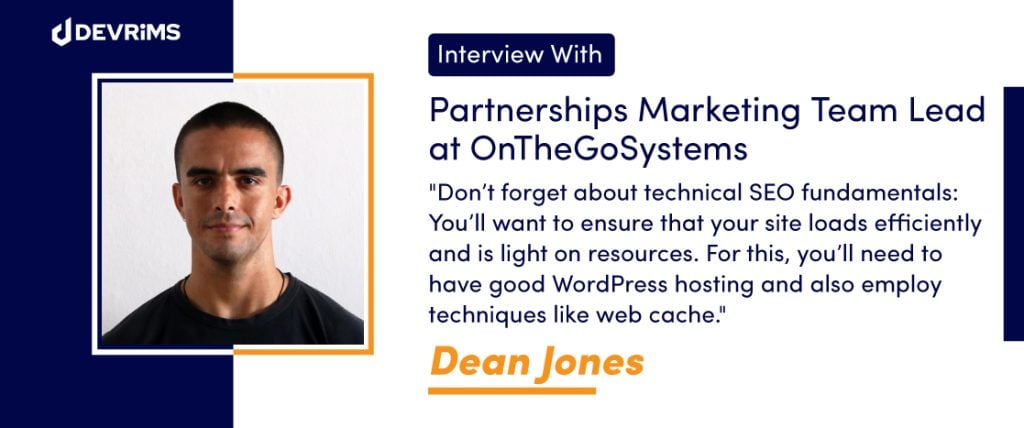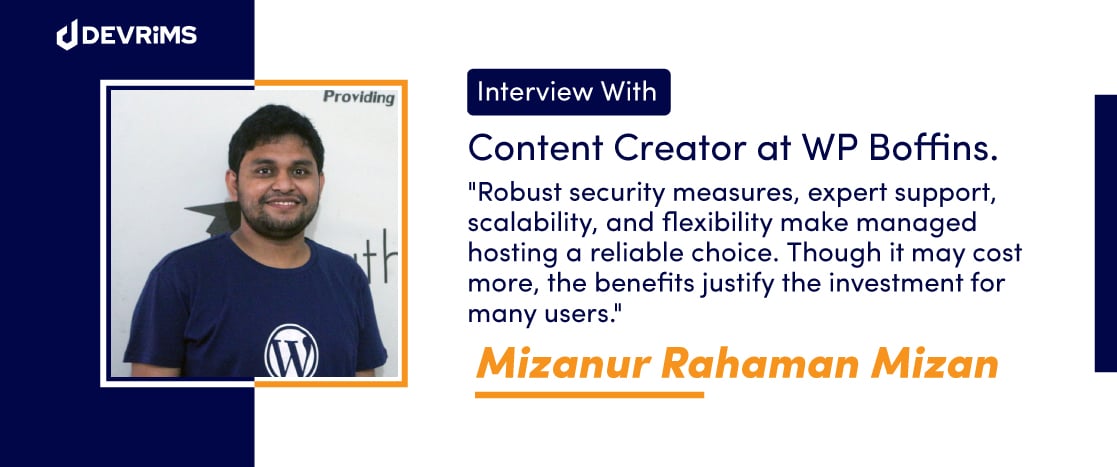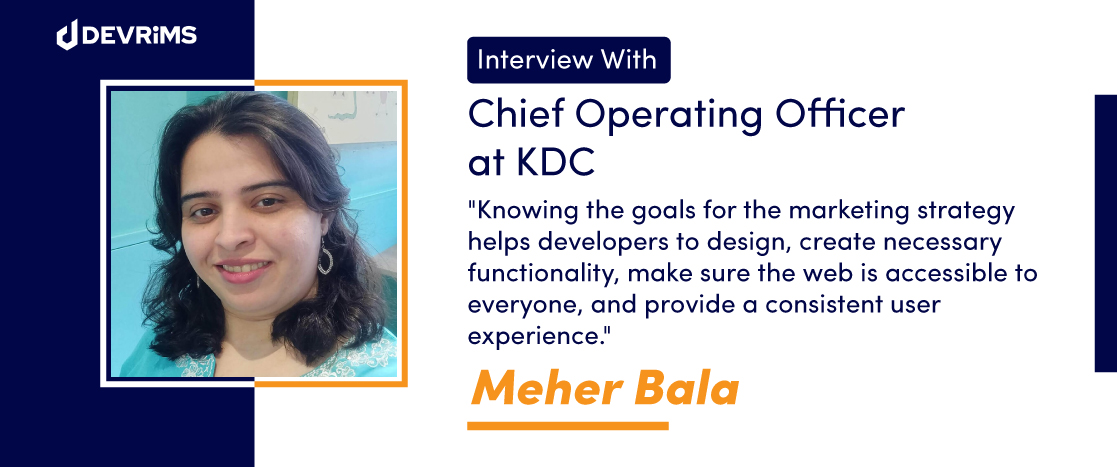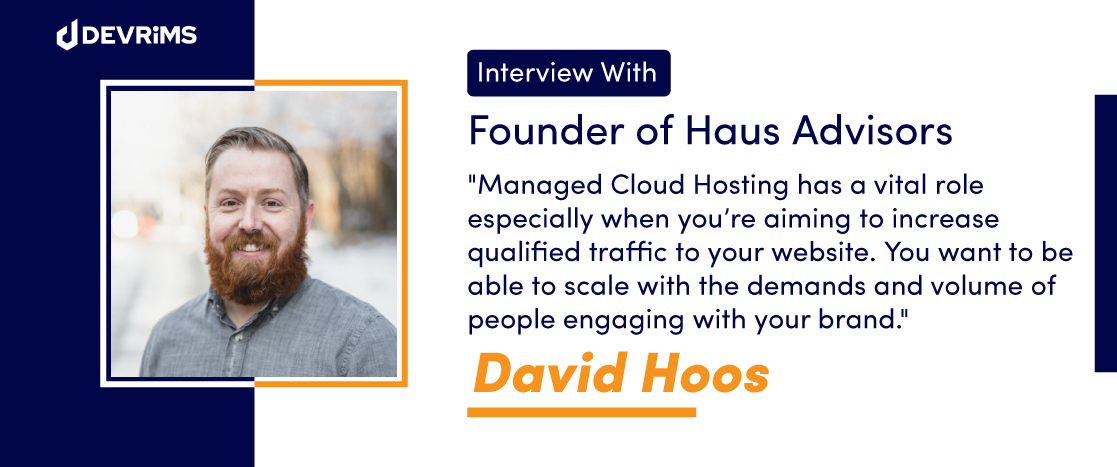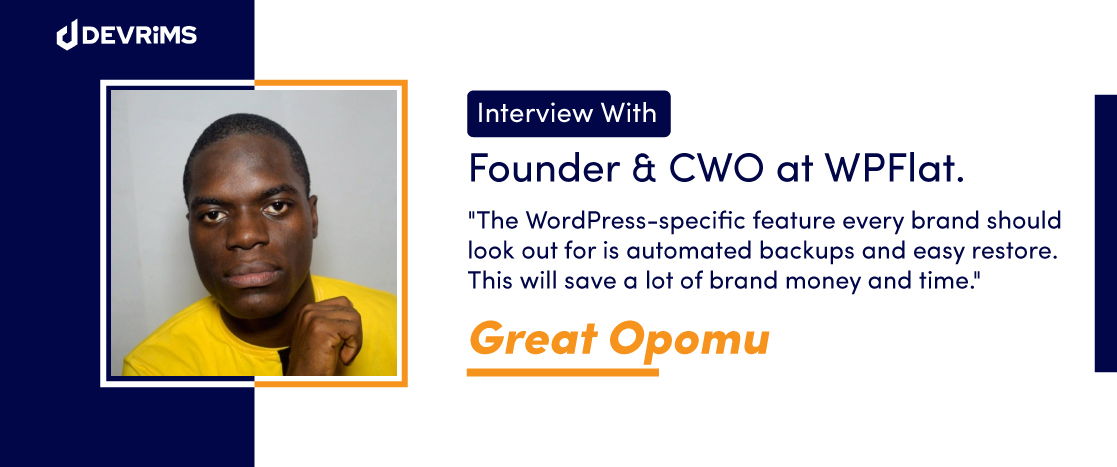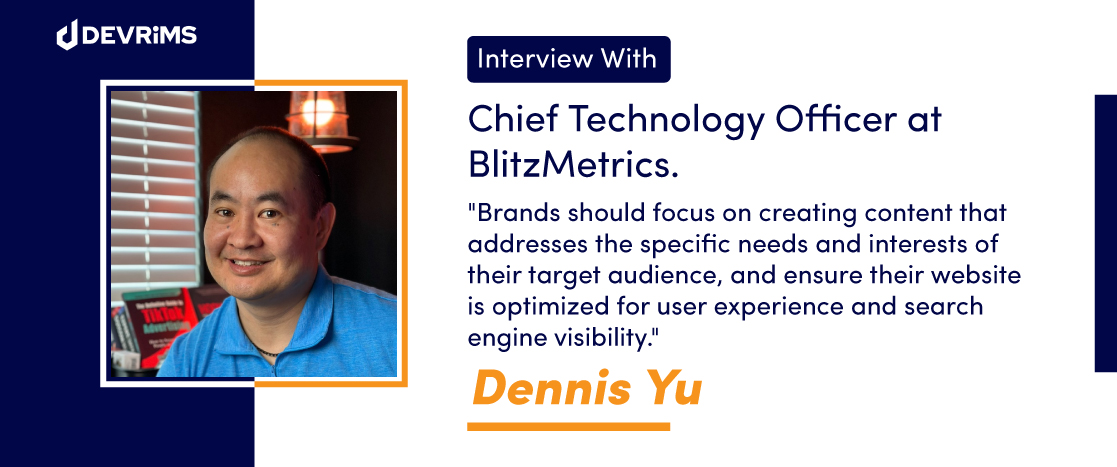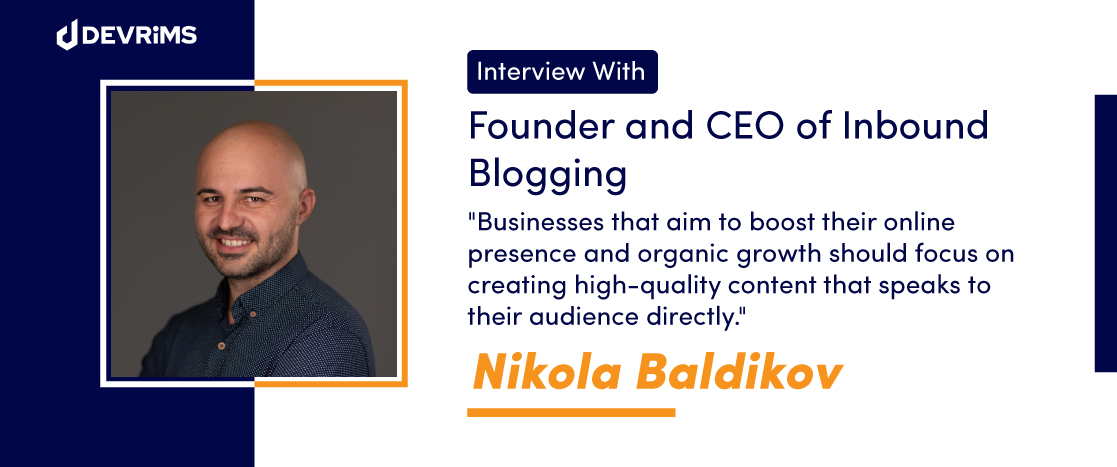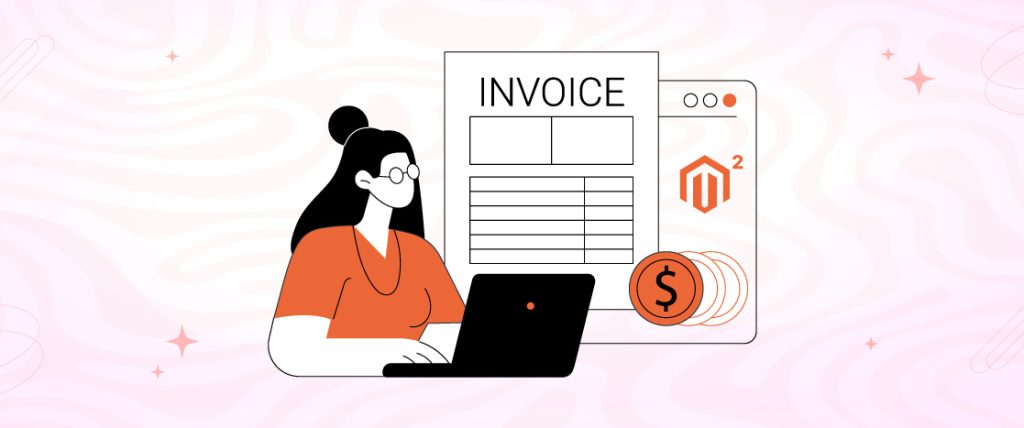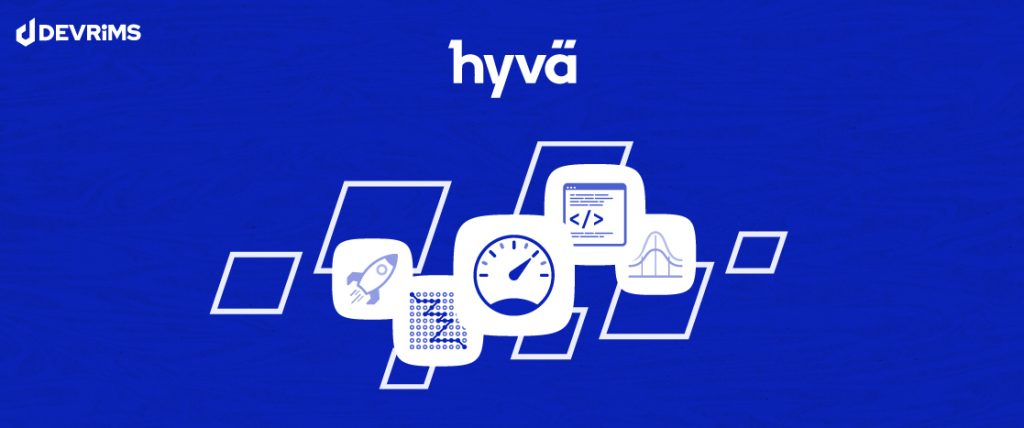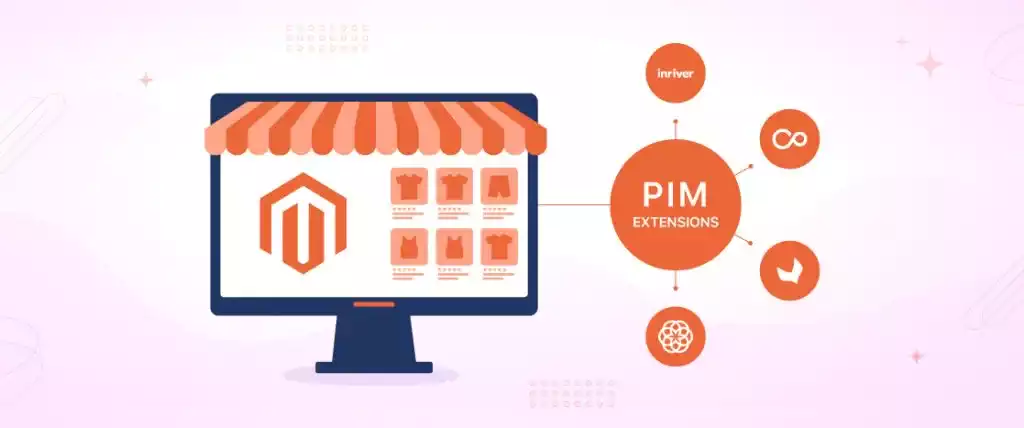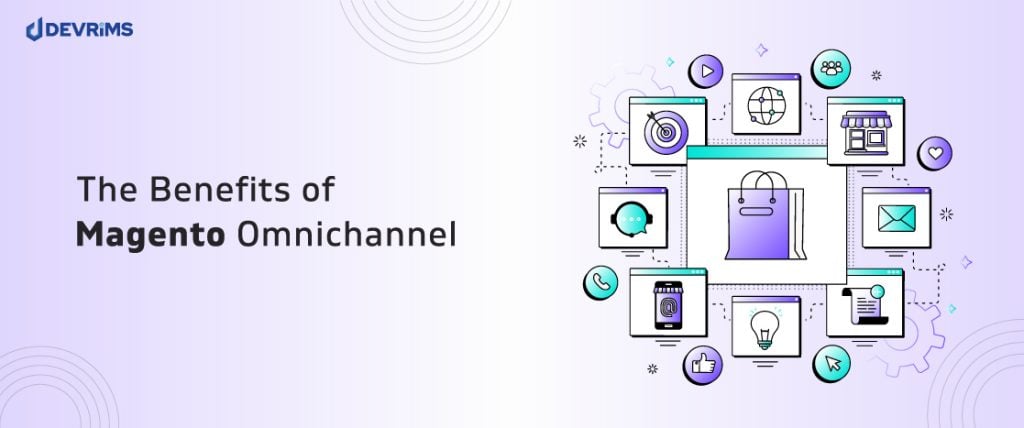Dean Jones’s path to digital marketing wasn’t meticulously planned; it unfolded organically.
After finishing his fine arts degree and traveling, he found himself at a crossroads, unsure of his career path.
However, his inherent curiosity about how websites functioned led him to explore the world of WordPress. What began as a personal project to build his own website blossomed into freelance work for clients. As his skillset expanded, he landed a position at OnTheGoSystems, a company specializing in WordPress solutions.
There, his thirst for knowledge and “learning out of necessity” approach empowered him to develop expertise in SEO, content marketing, and strategic communications.
Today, as the Partnerships Marketing Manager, Dean’s deep understanding of WordPress coupled with his unwavering commitment to learning and adaptation fuel his success in forging strategic partnerships and driving impactful marketing initiatives.
Devrims: Hi Dean, how are things going these days? Can you tell us a bit about your journey into partnership marketing and WordPress? What sparked your initial interest?
Dean: Hi there, I’m doing well thanks! Busy start to the year so far and we still have many exciting things ahead – I’m looking forward to a positive and productive 2024!
Sure, my journey started with an introduction to the world of WordPress, which happened pretty organically. I finished my studies (in fine art) and did some traveling thereafter. Upon returning, I had no idea what to do career-wise. I always had an interest in creative and technological topics and explored many different avenues. I spent a lot of time online and developed a natural curiosity for how these things called ‘websites’ actually worked. I had a basic knowledge of IT from high school, which was just enough to guide this curiosity in the right direction. So, I just did some searching on Google and YouTube to see if I could find a way to build a site of my own for fun. I stumbled on a few good tutorials, one of which recommended the use of WordPress. It explained all the basic steps from setting up hosting and installing WordPress to getting a theme and using a pagebuilder to add content and design elements. Within a short space of time, I had my first basic website. I developed enough fundamental skills to start helping family members with their web projects, and before I knew it, I was taking on work for ‘real’ clients and small local agencies. At the same time, I had a friend who ran an online business who needed someone to manage its digital assets. I continued to do these jobs simultaneously until eventually I felt like I needed a bit of a change-up. I was lucky to stumble upon a job advert for a Marketing Assistant role at onTheGoSystems (WPML, Toolset and PTC). Given my experience in WordPress freelancing and consulting, as well as some marketing and business management skills I had learned along the way, this felt like the right fit that came at the right time. Fast-forward and here I am as the current Partnerships Marketing Manager at the company.
Devrims: How did you develop your expertise in areas like content marketing, SEO, and strategic communications?
Dean: I’ve always been a proponent of learning out of necessity, and this is exactly how I find myself learning about the above-mentioned topics. Once I developed my WordPress skills enough to be able to work for clients, they often needed more from me after handing over the website. For example, a client would now have a website, but they didn’t know how to optimize the content to ensure that people would actually find it in searches. Based on this need they had, I made a point of learning SEO basics so that I could assist them instead of them having to seek out someone else to do so. When I learned that there was actually a great demand for this and that I could charge for it, there was extra incentive for me to learn even more and offer it as an add-on service. It was the same for things like digital marketing integrations (i.e. Google Ads, Facebook Business etc.). When it comes to Content Marketing and Strategic Communications, these skills were mostly honed during my time at onTheGoSystems. I had some very basic knowledge from previous work, but I’ve been lucky enough to work with some real experts at onTheGoSystems. My first years as an assistant were formative in this regard. As I grew at the company I had more chances to take ownership of bigger projects, and so I was able to learn in real situations that had real implications. I didn’t need a textbook to know what worked and what didn’t – I had tangible experiences that have since formed the basis of my knowledge, which continues to grow everyday!
Devrims: Can you share an example of where SEO efforts led to notable improvements in search rankings or organic traffic?
Dean: Given that a big focus at onTheGoSystems is our flagship translations pluginWPML, we’ve seen some great benefits for us and our clients to take advantage of multilingual SEO opportunities. Let’s use our own site, wpml.org, as an example. We have most of the content on our site translated into approximately 10 languages. English audiences (UK and US) are naturally responsible for a large portion of our search traffic, however, not far behind are searches coming from other non-English territories, like Spain. So let’s focus on that as a use case. We ensure that all the key parts of our site (i.e. main landing pages, product pages, documentation and checkout interfaces) are all translated properly in Spanish (we often use automatic translation to speed up this process). So, besides checking that the Spanish are of a good quality, we also ensure that the translations we implement align with the terms that Spanish audiences are using when searching for our topics in search engines. This way, we can ensure that our key pages rank highly and match the search intent of Spanish audiences. If we look at our data over the last year, we see some surprising results: While total Impressions from the US are comparatively higher than Spain, we see 60% more clicks coming from Spain, which correlates with a higher general click-through rate (CTR) from Spanish audiences. Many of the terms responsible for these clicks contain some Spanish language. If our content was only available in English we may have missed those opportunities for users to find us. This logic applies to the other languages that we have available on our site. The cumulative effect of capturing traffic from foreign language searches has obvious business impact, so much so that we also have a multilingual support team and offer our plugin software in multiple languages as well.
Devrims: What does a typical partnerships marketing program look like at a company like OnTheGoSystems?
Dean: When it comes to WPML partners, our ‘program’ is still rooted in what we refer to as ‘technical partnerships’. We work with developers of other third-party WordPress themes and plugins to ensure that mutual clients can enjoy our software working well together. WPML needs to translate content, and since WordPress sites can comprise of many combinations of different themes and plugins, we need to ensure that our plugin can cover as many cases as possible, but this relies on cooperation from our developer partners. We’ve made significant efforts in this regard and you can see the results in our directory of recommended and compatible themes and plugins for multilingual sites. Once we have good technical cooperation from our partners, the content and marketing activities happen almost organically. We’ll happily share one another’s announcements and news and do our best to take advantage of mutually beneficial opportunities that present themselves over time. Beyond this, we also have good relationships with notable bloggers, news outlets and publications and we aim to be as present as possible in various WordPress communities.
Devrims: What are some best practices you recommend for managing successful marketing partnerships? How do you measure and track partnership marketing performance?
Dean: There always has to be a clear mutual benefit. By definition, a ‘partnership’ implies that there is an arrangement between two or more people who can share the benefits of the success.
Unless you are paying for marketing with money, you won’t succeed unless there are obvious benefits for both parties. To get this right, we spend a lot of time working on strategies that weigh up the possible strengths, weaknesses, opportunities and costs of our campaigns and initiatives where partners are involved. This is a crucial part of the process so that we minimize the amount of resources we spend on projects that don’t bring value. In addition, we tend to avoid ‘transactional partnerships’ that encourage once-off ‘trades’. We prefer to engage in partnership activities when we can see that they contribute to a longer term relationship.
We measure these activities by doing in-depth analyses of the results of our work based on the initial strategies and their goals. Depending on the project, there are various types of metrics we might focus on. For example, if we are working with partners to promote a new integration, we’ll want to check things like:
- Success rate of our partner outreach (i.e. were partners actually interested?)
- Audience engagement with related content and whether that content drove any sales
- Changes in usage/installation statistics for products in question
- Traffic statistics on relevant web pages related to the products in question
- Support forum threads related to the products in question
Devrims: Let’s do a quick rapid-fire round.
| Devrims | Dean |
| Day or Night | Night |
| Mountain or Beaches | Impossible to choose one – so, both! |
| Tea or Coffee | Tea |
Devrims: How have you leveraged your WordPress knowledge in marketing partnerships and campaigns?
Dean: Given that I am still working in the WordPress niche, my knowledge thereof is crucial. I work with many partners whose own knowledge may be more in-depth than mine, so it is up to me to ensure that I can talk the same ‘language’ with confidence. The better that I can engage with partners on this level, the higher the chance that the initiatives will succeed. I’ve seen this time and time again. Part of being a good marketer in WordPress is having well-rounded knowledge of the technologies and the ecosystem. I don’t need to be able to debug issues per se, but I need to be able to interact as a WordPress ‘professional’, and this requires a certain level of knowledge that I constantly need to nurture. Right now, I do this through reading blogs, joining communities, listening to podcasts and following good news publications. With this, my own confidence grows, which can only have positive effects when it comes to working with others and succeeding with marketing campaigns.
Devrims: What tips do you have for optimizing WordPress for SEO and content marketing? How can companies better utilize WordPress for strategic communications?
Dean: From a technical standpoint, WordPress is already optimized for SEO out-of-the-box. But there are a few more things one can do to further improve performance on search engines:
- Write unique, high quality content that prioritizes usefulness over keyword ‘hacking’: Google is becoming more and more interested in this type of content, so your strategies should take this into account. Think of your company as an ‘authority’ on certain topics, and use this as an opportunity to share something interesting to audiences while paying careful attention to their search intent.
- Don’t forget about ‘technical SEO’ fundamentals: You’ll want to ensure that your site loads efficiently and is light on resources. For this, you’ll need to have good WordPress hosting and also employ techniques like web cache, CDN and image optimisation. Luckily, there are many great services, plugins and tools for this. In addition, you’ll want to inform yourself of best practices for HTML tags and content structures that help with technical SEO – there are some good WordPress SEO plugins that can help with this too.
- Do your research and keep it simple: There are many great SaaS SEO tools that will allow you to research specific topics that you could write about. You’ll be able to see who you’re ‘competing’ with from a search perspective. Educate yourself on the fundamentals and apply this to the way to conduct your research and formulate your content.
If you take the above into account, you’ll naturally be giving yourself a head-start on strategic communication. Audiences engage better with intelligent content from reliable sources who have websites that are performant and user-friendly. This establishes a level of trust with prospective clients who’ll understand that you are professional and serious, and therefore more likely to buy into your products and/or services.
Devrims: What are the pros and cons of managed WordPress hosting solutions? What common WordPress hosting mistakes do you see companies make?
Dean: Having a ‘managed’ hosting setup is useful for those that might need additional technical assistance and more robust infrastructure. WordPress has some specific technical requirements, and considering that many WordPress users are not developers it could be handy to have easy access to managed support so that you can have peace of mind that your site will always be stable. For small, simple sites this may not be necessary, but if you have a business that is scaling or a site that is already large and heavy on resources a ‘normal’ shared hosting environment might not be enough. Naturally, having your site on a managed environment means you’ll be paying more for the service. So, it’s good to consider your individual needs and what would be the best fit for your purposes. The most common mistake I’ve seen businesses make is just to default to choosing the cheapest option they can find. In most cases they’re forced to upgrade or change providers within a few months as their sites experience a lot of downtime (causing loss in sales) or run painfully slowly (causing users to abandon). The other mistake I’ve seen is business owners who don’t have technical expertise being sold solutions that they don’t understand. This rarely ends well. So if you are a business owner, I’d encourage you to get someone who knows the topic to engage with vendors to ensure you are being sold the right solution.
Devrims: What advice would you give someone looking to get into partnership marketing?
Dean: My advice is quite simple: Be open to learning and adapting at all times. Partnerships marketing is a very dynamic form of marketing, and being ‘book smart’ doesn’t always cut it. You need to be able to pivot and adapt on-the-fly. You’ll want to flex your common sense muscles and not get caught up in ‘traditional’ ways of doing things. Push yourself to be creative and innovative and always be satisfied to be proven wrong so that you can learn and improve. There is no magic formula for this type of marketing.
Devrims: How about a candid picture of your work desk?

Devrims: Please recommend any three individuals for our upcoming interviews.
- Mario Peshev – Founder of DevriX agency (and a former onTheGoSystems employee)
- Katie Keith – Co-Founder and CEO of Barn2 plugins and a great voice in the WordPress community
- Vito Peleg – Co-Founder and CEO of Atarim and a man of many interests




